Scientists at Oxford University (UK) have discovered that the human brain is surprisingly resilient to the ravages of time.
The study, led by forensic anthropologist Alexandra Morton-Hayward, sought to unravel the mystery of 4,405 preserved human brains from 213 different sources around the world (excluding Antarctica). Remarkably, these brains all date from the 17th century or later, with some being as old as 12,000 years old. "This trove of intact ancient brains represents a bio-archaeological opportunity for research into human evolution, health and disease," the researchers said.
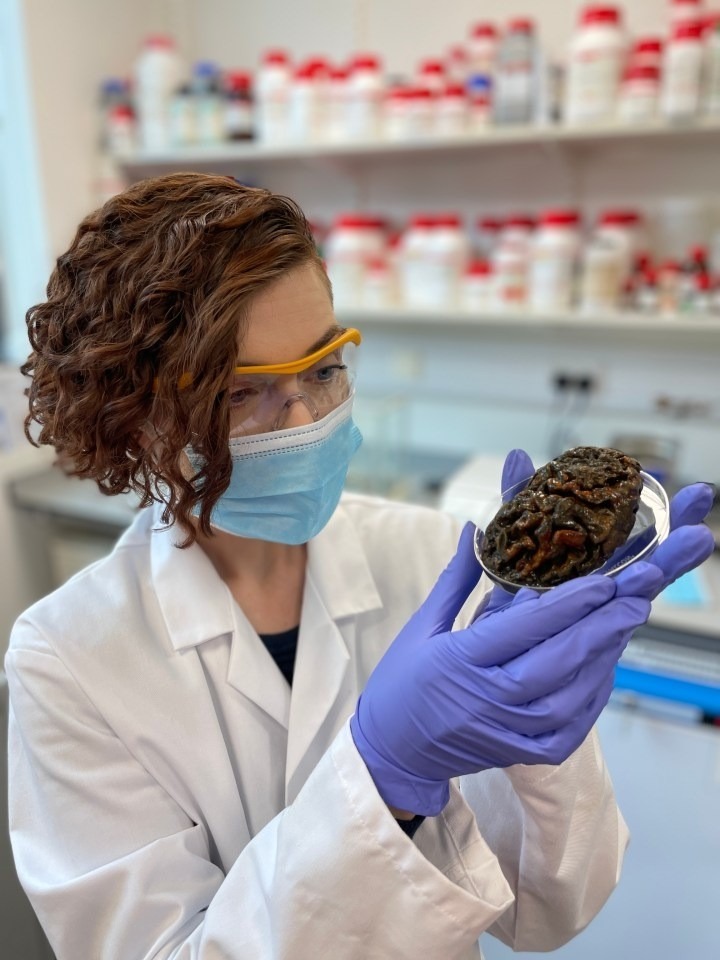
Dr Morton-Hayward and colleagues at Oxford University are trying to unravel the mystery of a 12,000-year-old human brain. Photo: PA
Decomposition studies have shown that the brain is often one of the first organs to decompose after death. "This suggests that there is an unknown mechanism that may contribute to the exceptional preservation of the central nervous system," Dr. Morton-Hayward said, calling it "a rare phenomenon."
According to the research team, this suggests that there may be a special mechanism for preserving soft tissue in the central nervous system. The mechanism remains largely unknown, although the researchers suggest that it may be an interaction between brain molecules and the environment.
Experts say the discovery could help us better understand human evolutionary history, as well as diseases related to ancient neurological, cognitive and behavioral disorders. The study was recently published in the journal Proceedings of the Royal Society B: Biological Sciences.
Source: https://nld.com.vn/ven-man-bi-an-bo-nao-nguoi-12000-nam-tuoi-196240330202016218.htm












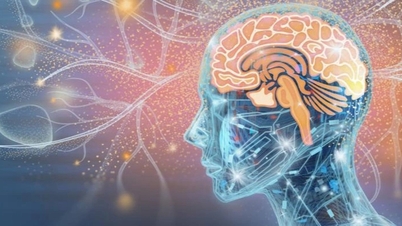


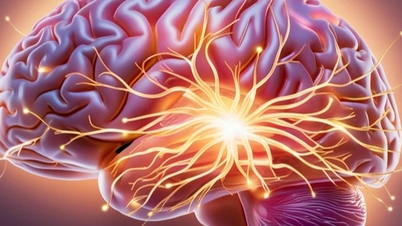


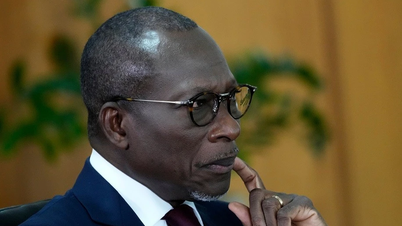

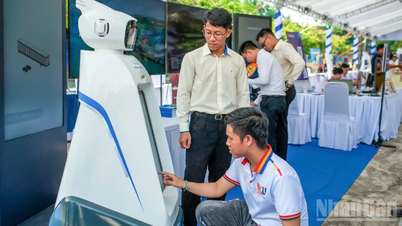























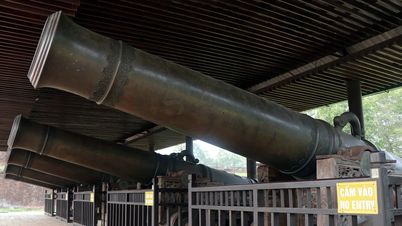





































































Comment (0)